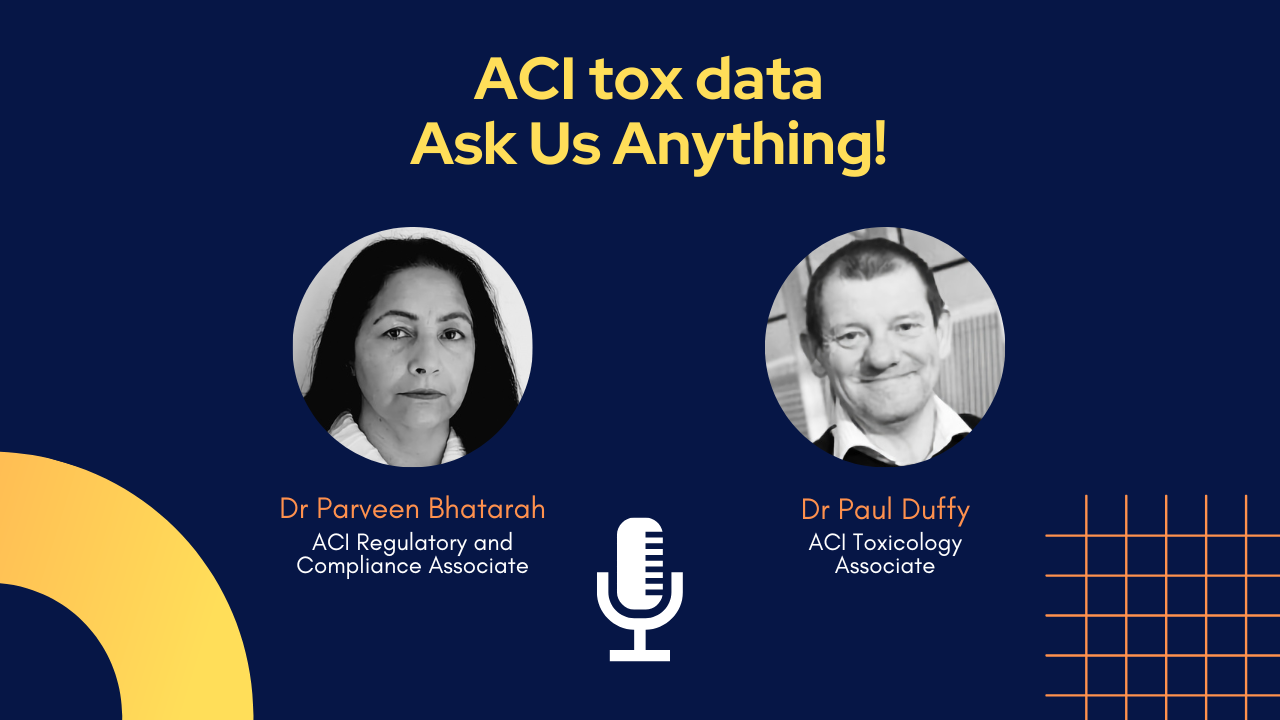The European Food Safety Authority (EFSA) has ‘stopped the clock’ on 19 novel food applications for CBD, pending new data.
The EU authority says its scientists cannot currently establish the safety of CBD as a novel food due to data gaps and uncertainties about potential hazards related to CBD intake.
The news follows the submission of 19 novel food applications to EFSA’s expert panel on Nutrition, Novel Foods and Food Allergens (NDA).
Chair of the panel, Professor Dominique Turck said putting these applications on hold does not signify that CBD is unsafe, however it does mean there are knowledge gaps which need to be filled before these applicants can progress.
“We have identified several hazards related to CBD intake and determined that the many data gaps on these health effects need filling before these evaluations can go ahead. It is important to stress at this point that we have not concluded that CBD is unsafe as food.”
Meanwhile, Ana Afonso, Head of Nutrition and Food Innovation at EFSA, said pausing applications is ‘not unusual.’
“Stopping the clock on a novel food assessment is not unusual when information is missing. It’s the responsibility of applicants to fill data gaps. We are engaging with them to explain how the additional information can be provided to help address the uncertainties.”
19 novel food applications. Where are the data gaps?
According to EFSA’s statement on 7 June, some or all of these 19 applications may be insufficient in data on the effects of CBD on the liver, gastrointestinal tract, endocrine system, nervous system and on people’s psychological well-being.
According to the organisation, which is funded by the EU Commission, animal studies have shown significant adverse effects, ‘especially in relation to reproduction.’
EFSA’s scientists want to see if these effects are also found in humans.
Are these safety concerns valid?
Dr Paul Duffy, Toxicology Associate to the Association for the Cannabinoid Industry (ACI), says these fears relate to insufficient toxicology data needed to prove the safety profile of CBD in food.
“EFSA says there are ‘gaps and uncertainties’ relating to information on the effects of CBD which already exists in the public domain. Safety assessment usually includes safety margins in relation to levels of no adverse effects. The recent EFSA publication regarding these 19 applications indicates that they are insufficient in terms of toxicology data which they need to make a judgement of safety.”
Dr Parveen Bhatarah, is the ACI’s director of regulatory and compliance, and has worked with Dr Duffy to coordinate the association’s consortium of toxicology data. She says:
“As we are not informed on the content of the individual applications, we are not in a position to comment. ACI has lodged its recently completed toxicology study in compliance with OECD 408 guidelines with the UK’s Food Standards Agency, and we await feedback in relation to supporting our members’ novel food applications in the UK.”





